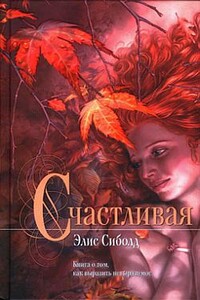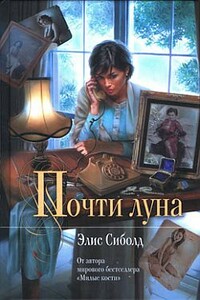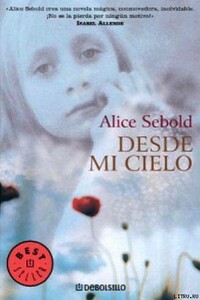“Do you remember?” he asked.
“Barber!”
“Adagio for Strings,” he said.
But as we danced and spun – none of the herky-jerky awkwardness of Earth – what I remembered was how I’d found him crying to this music and asked him why.
“Sometimes you cry, Susie, even when someone you love has been gone a long time.” He had held me against him then, just briefly, and then I had run outside to play again with Lindsey in what seemed like my grandfather’s huge backyard.
We didn’t speak any more that night, but we danced for hours in that timeless blue light. I knew as we danced that something was happening on Earth and in heaven. A shifting. The sort of slow-to-sudden movement that we’d read about in science class one year. Seismic, impossible, a rending and tearing of time and space. I pressed myself into my grandfather’s chest and smelled the old-man smell of him, the mothball version of my own father, the blood on Earth, the sky in heaven. The kumquat, skunk, grade-A tobacco.
When the music stopped, it could have been forever since we’d begun. My grandfather took a step back, and the light grew yellow at his back.
“I’m going,” he said.
“Where?” I asked.
“Don’t worry, sweetheart. You’re so close.”
He turned and walked away, disappearing rapidly into spots and dust. Infinity.
When she reached Krusoe Winery that morning, my mother found a message waiting for her, scrawled in the imperfect English of the caretaker. The word emergency was clear enough, and my mother bypassed her morning ritual of an early coffee drunk while staring out at the grapevines grafted on row upon row of sturdy white crosses. She opened up the part of the winery reserved for public tastings. Without turning on the overhead, she located the phone behind the wooden bar and dialed the number in Pennsylvania. No answer.
Then she dialed the operator in Pennsylvania and asked for the number of Dr. Akhil Singh.
“Yes,” Ruana said, “Ray and I saw an ambulance pull up a few hours ago. I imagine they’re all at the hospital.”
“Who was it?”
“Your mother, perhaps?”
But she knew from the note that her mother had been the one who called. It was one of the children or it was Jack. She thanked Ruana and hung up. She grabbed the heavy red phone and lifted it up from underneath the bar. A ream of color sheets that they passed out to customers – “Lemon Yellow = Young Chardonnay, Straw-colored = Sauvignon Blanc…” – fell down and around her feet from where they had been kept weighted by the phone. She had habitually arrived early ever since taking the job, and now she gave a quick thanks that this was so. After that, all she could think of were the names of the local hospitals, so she called the ones to which she had rushed her young children with unexplained fevers or possible broken bones from falls. At the same hospital where I had once rushed Buckley: “A Jack Salmon was seen in emergency and is still here.”
“Can you tell me what happened?”
“What is your relationship to Mr. Salmon?”
She said the words she had not said in years: “I’m his wife.”
“He had a heart attack.”
She hung up the phone and sat down on the rubber-and-cork mats that covered the floor on the employee side. She sat there until the shift manager arrived and she repeated the strange words: husband, heart attack.
When she looked up later she was in the caretaker’s truck, and he, this quiet man who barely ever left the premises, was barreling toward San Francisco International Airport.
She paid for her ticket and boarded a flight that would connect to another in Chicago and finally land her in Philadelphia. As the plane gained height and they were buried in the clouds, my mother listened distantly to the signature bells of the plane which told the crew what to do or what to prepare for, and she heard the cocktail cart jiggling past, but instead of her fellow passengers she saw the cool stone archway at the winery, behind which the empty oak barrels were stored, and instead of the men who often sat inside there to get out of the sun she imagined my father sitting there, holding the broken Wedgwood cup out toward her.




